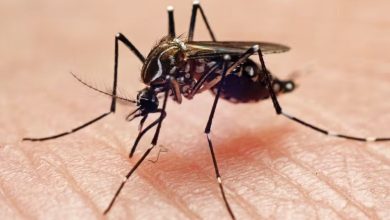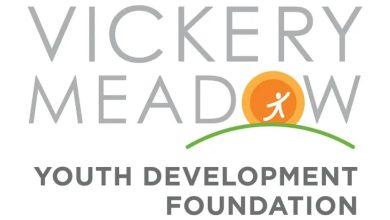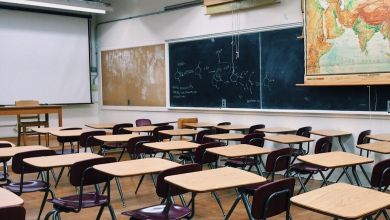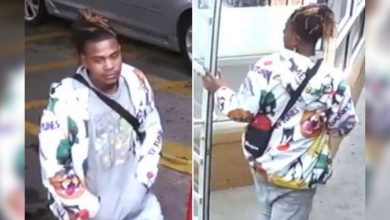Dallas ISD, Dallas Police expand partnership for criminal justice education
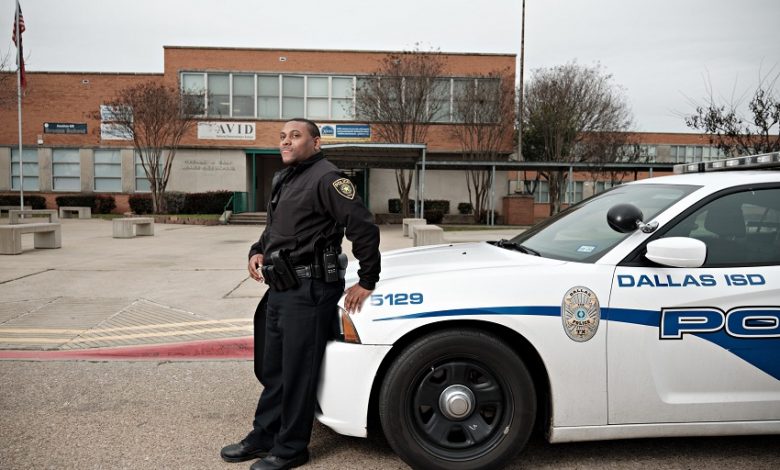
Dallas, Texas – The Dallas Independent School District and Dallas Police Department are working together to end a shortage of officers. Dallas ISD offers a “criminal justice” program in its Pathways In Technology Early College High School curriculum.
Students in P-TECH programs can graduate high school with an industry certification or associate’s degree.
In the City of Dallas’ 2020-2021 fiscal year budget, $100,000 was included for Dallas police to hire P-TECH graduates.
“The criminal justice pathway program provides our students with opportunities for a career in public service, and it strengthens the ties between our police department and our communities. We need more police officers who care deeply about our neighborhoods and understand our communities,” Mayor Eric Johnson wrote in a statement.
A total of 225 students are enrolled in criminal justice pathways at three high schools in Dallas, including Sunset High School.
“DPD is committed to offering mentorship to the students in high school,” says Jorriod Moore, the associate principal of Sunset High School Criminal Justice Collegiate Academy. “That’s one of the things we’ve worked on, and to see the progress we have made over the past year has been remarkable.”
Moore says the program benefits kids, who can graduate high school with an associate’s degree through a partnership with Dallas College and the University of North Texas at Dallas, and also the police department, which can develop a “pipeline” of recruits.
“What better way to grow the local police force than from within the local school district?” he says. “This has been a win-win for our students and a win-win for our community.”
The money will go to hire P-TECH graduates part-time to work at patrol stations until they are able to attend the police academy at 19 1/2 years old.
Not every student who chooses the criminal justice pathway will become a police officer. Moore says some may become more interested in becoming lawyers or another job in the legal field.
“There are the conversations we start having with students as early as 8th grade, and they transition to become high school students,” he says.


